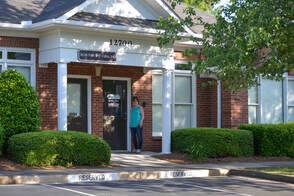Elaine Barron Counseling: Marriage, Couples, and Individual Counselor in Alpharetta
12700 Century Dr. Suite E
Alpharetta, GA 30009
Alpharetta, GA 30009
678-807-9868
[email protected]
[email protected]
"Creating Intimate Relationships One Conversation at a Time"

 RSS Feed
RSS Feed


